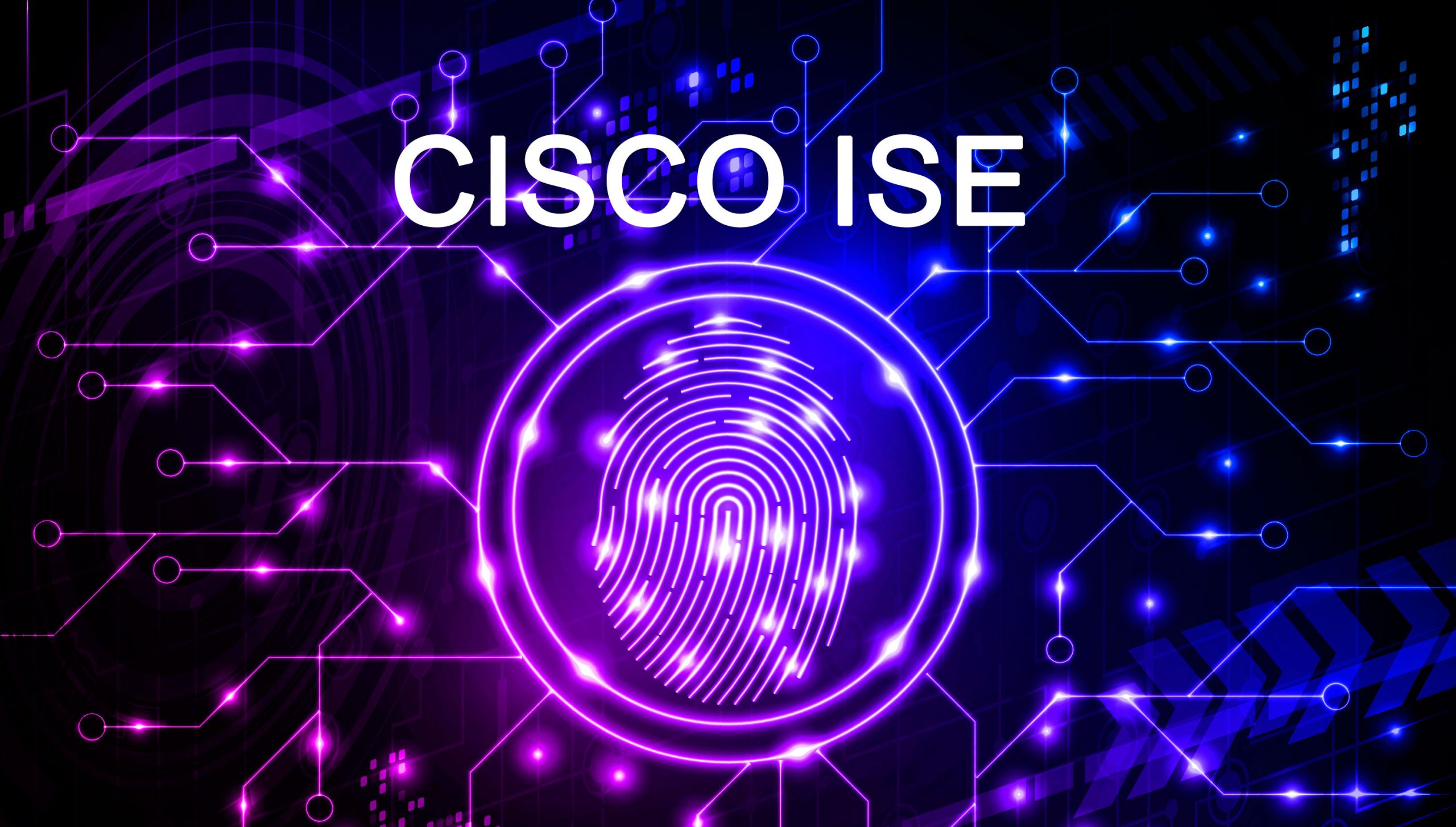
Over the last two decades, I’ve seen the networking landscape change dramatically: new protocols, evolving architectures, cloud-native everything, and a relentless push toward automation. With all of these shifts, it’s fair to ask: Does a foundational certification like the Cisco Certified Network Associate (CCNA) still matter?
If you’re just getting started or thinking about switching paths, you might feel a bit overwhelmed. Everyone’s talking about DevOps, Terraform, and AWS. And in the middle of that, you’re looking at a CCNA study guide that’s diving into subnetting and spanning tree protocols.
Let me tell you something that not enough people say out loud: Yes, the CCNA still matters a lot. And perhaps more now than ever.
Let me explain why.
1. The Cloud Still Relies on Networking Fundamentals
It’s easy to forget that behind every cloud service, there’s a network. Yes, cloud providers abstract away many details, but at its core, the cloud still depends on routing, switching, IP addressing, VLANs, and access control.
Whether you’re spinning up an EC2 instance on AWS, configuring VPCs, or deploying containers in Azure Kubernetes Service (AKS), guess what? You’re applying the same concepts taught in CCNA.
When something breaks -and trust me, it will- the engineers who understand the packet flow, the routing logic, and the DNS behavior are the ones who can fix it. And that’s why employers still see CCNA as a valuable indicator of foundational skills.
2. Automation Is Only as Good as Your Understanding of the Underlying Infrastructure
Yes, automation is powerful. I use it daily in my job: Scripts, Ansible, Python, you name it. But here’s the truth: you can’t automate what you don’t understand.
When people jump into automation without understanding the protocols they’re configuring, the results can be unpredictable.
The CCNA gives you the building blocks. Once you truly understand how OSPF establishes neighbor relationships or how NAT affects IP addressing, writing code to manage those configurations becomes intelligent automation, not blind guesswork.
3. Hybrid Networks Are the New Normal
Very few organizations have “gone full cloud.” Most are operating in a hybrid model, some workloads on-prem, some in public cloud, and some in colocation facilities. That means networking engineers need to navigate complex, hybrid infrastructures that blend traditional routing and switching with overlays, VPNs, and cloud-native connectivity.
Guess where that hybrid skill set begins?
Right. CCNA is the on-ramp to understanding how networks talk across these environments. It gives you the vocabulary and practical knowledge you’ll later apply in more advanced certifications or real-world designs.
4. Employers Still Trust CCNA as a Baseline
Hiring managers often don’t have time to dig through your GitHub or ask you to describe your favorite RFC. But when they see “CCNA Certified,” they immediately recognize that you’ve mastered a set of baseline, vendor-neutral (mostly) skills.
That certification tells them:
- You’ve committed to structured learning.
- You understand core networking principles.
- You can troubleshoot and think logically.
This is not just anecdotal, our Firefly students regularly report that CCNA opens doors, especially in their first role.
5. The CCNA Keeps Evolving, Just Like the Industry
Some people still think of the CCNA as a dated cert locked in the early 2000s. That couldn’t be further from the truth.
Cisco has revamped the CCNA to include modern topics like:
- IP Services
- Security Fundamentals
- Network Automation and Programmability
So, no, you’re not ignoring the future by studying for the CCNA. You’re actually preparing for it, with a grounding that supports everything from Python scripts to cloud deployments.
Bottom Line: The CCNA Isn’t a Dinosaur; It’s a Launchpad
I’ve mentored dozens of junior engineers who’ve gone on to specialize in cloud, cybersecurity, and DevOps. Almost all of them started with the CCNA. It’s not because the CCNA is the flashiest certification; it’s because it works.
If you’re serious about a career in networking, cloud infrastructure, or IT architecture, don’t skip the fundamentals. Master them. Build on them. Automate them later.
That’s why, at Firefly, we still treat CCNA as a foundational pillar in our course lineup. And if you’re ready to take the leap, we’ll guide you every step of the way.
Ready to Start Your CCNA Journey with Firefly?
Our modular CCNA course is designed to align with your work and career path. Whether you’re just starting or returning to networking after a hiatus, we’ve built a roadmap that brings clarity to every concept, and we support you from day one to exam day.








